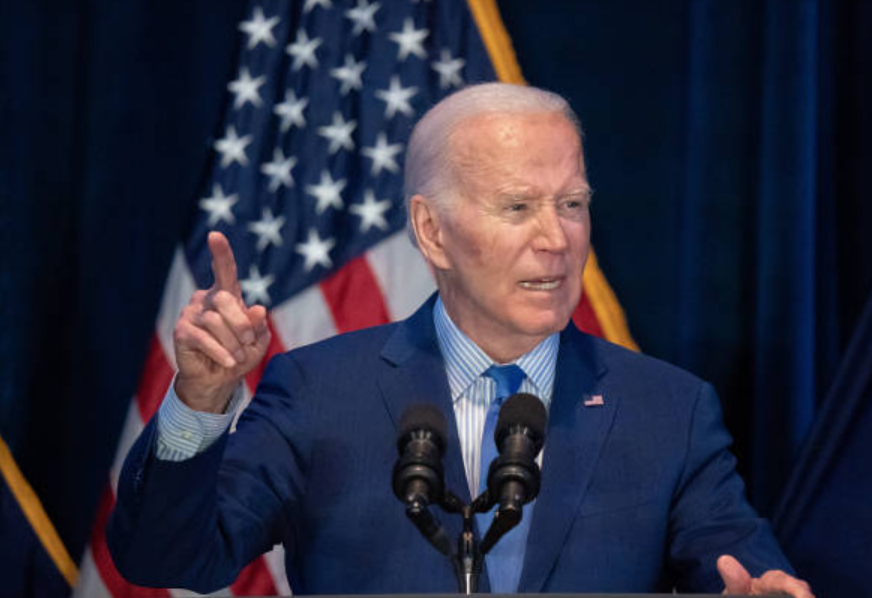The Biden administration is about to take a revolutionary step as the competition for semiconductor supremacy across the globe heats up.
With the aim of bolstering America’s competitiveness against China, the White House is on the verge of awarding billions of dollars to some of the world’s top semiconductor manufacturing companies.
Among the expected recipients of these substantial subsidies are tech behemoths like Intel and Taiwan Semiconductor Manufacturing Company (TSMC).
These funds are part of Biden’s ambitious Chips and Science Act, which has earmarked a whopping $53 billion to revitalize chip manufacturing within the United States. This initiative aims to facilitate the establishment of cutting-edge semiconductor fabrication plants, commonly known as fabs, across the nation.
The infusion of capital is crucial for advancing semiconductor technology, particularly for applications in high-end sectors such as artificial intelligence and defense weaponry. By ramping up domestic chip production, the Biden administration seeks to reduce the country’s dependence on foreign suppliers, thereby enhancing national security and stimulating economic growth.
Subsidy News Preceding Biden’s State of the Union

Insiders familiar with the matter anticipate these subsidy announcements to be unveiled prior to President Biden’s upcoming State of the Union address on March 7th. These announcements are poised to serve as significant milestones for the administration as it enters the final stretch of its first term.
Both Intel and TSMC have already embarked on ambitious plans to construct semiconductor facilities across the United States. Intel, for instance, is investing over $43.5 billion in establishing factories in states like Arizona, Ohio, New Mexico, and Oregon.
Meanwhile, TSMC, renowned for its technological prowess, is forging ahead with the construction of two fabs in Arizona.
While the Department of Commerce remains tight-lipped about the specifics of the subsidy awards, emphasizing a rigorous, merit-based selection process, industry insiders express concerns about potential delays stemming from permitting and logistical hurdles.
Nevertheless, the imminent infusion of funding represents a significant stride towards bolstering America’s semiconductor industry and securing its technological future on the global stage.


Comments are closed.